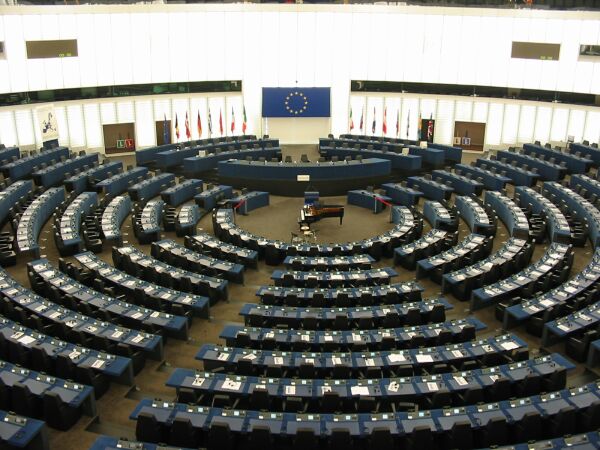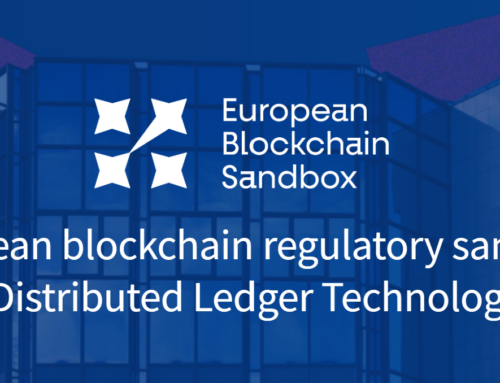As the European Union gears up for its parliamentary elections in June, the stakes are high for the blockchain and cryptocurrency sectors. These industries, currently at a pivotal juncture, are keenly observing the potential shifts in policy and leadership that could significantly influence their future within the EU.
The Promise of Blockchain Amidst AI’s Ascendancy
While artificial intelligence (AI) has taken center stage in recent tech policy discussions, blockchain advocates are not standing idly by. Various EU industry groups have coalesced to champion the merits of blockchain technology, emphasizing its critical role in the broader digital economy. This concerted effort comes at a time when the EU has positioned itself as a global leader in comprehensive crypto regulations, exemplified by the landmark Markets in Crypto Assets (MiCA) legislation.
However, as the EU contemplates revisions to MiCA, the political landscape is imbued with uncertainty. The architects of this crucial legislation, including figures like Stefan Berger, face reelection, and their return is far from guaranteed. This uncertainty is compounded by the departure of influential policymakers like Mairead McGuinness, leaving the future of EU crypto policy in a potentially precarious state.
A Call for Young, Tech-Savvy Legislators
Amid these shifts, there is a palpable desire within the blockchain community for a younger, more tech-literate group of legislators to take the helm. This demographic shift could be pivotal, as younger lawmakers are perceived to be more receptive to innovative technologies, including blockchain and cryptocurrencies. According to industry insiders, these new politicians are likely to have a personal stake in the crypto world, which could translate into more informed and favorable policymaking.
Blockchain as the Backbone of Digital Integrity
The integration of blockchain with AI presents a promising frontier. Advocates argue that blockchain can serve as a foundational layer for AI applications, ensuring data integrity and mitigating concerns around centralization and privacy. This is particularly pertinent as the EU intensifies its legislative efforts around AI, highlighting the need for a balanced approach that addresses both innovation and ethical considerations.
The Digital Euro Debate
Another critical issue on the horizon is the EU’s exploration of a central bank digital currency, the digital euro. This initiative has sparked a contentious debate, with some factions expressing fears over increased governmental control and surveillance. The upcoming elections could shape the trajectory of this initiative, potentially slowing or accelerating the EU’s digital currency ambitions based on the new parliament’s composition.









